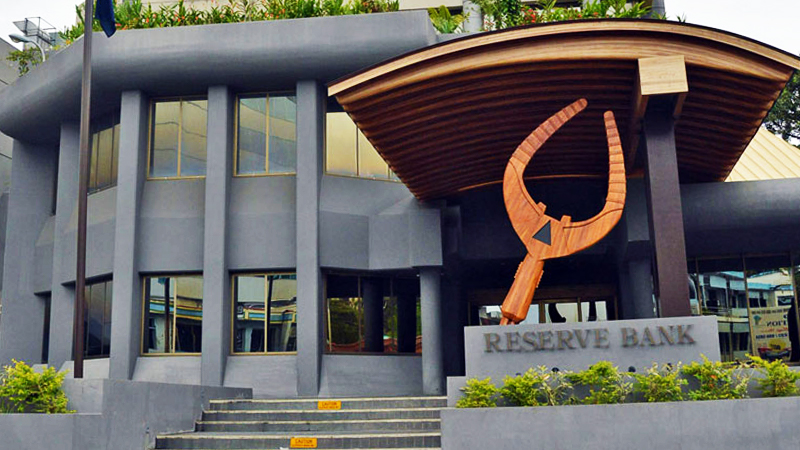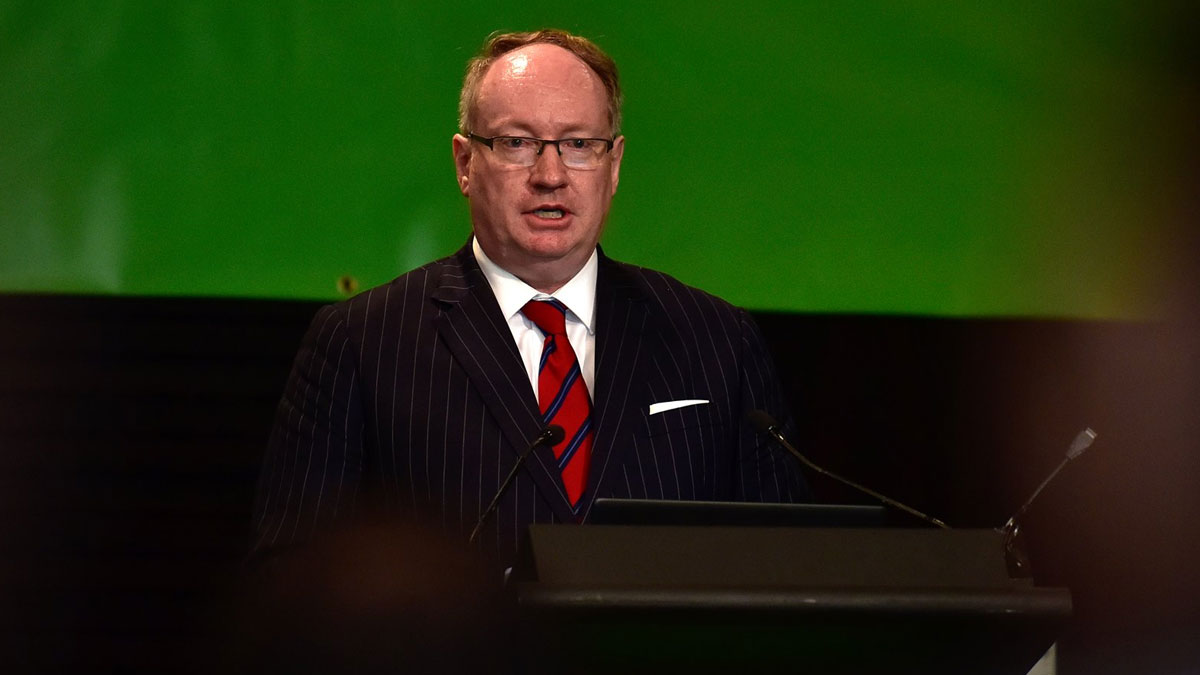
The Fijian economy is projected to contract by 21.7 percent in 2020 which is the most severe contraction in our modern history.
The Chairman of the Macroeconomic Committee and Governor of the Reserve Bank of Fiji, Ariff Ali says the spill-over of the COVID-19 pandemic has trickled down to the domestic economy given Fiji’s inter-connectedness to the global economy that is deeply dependent on the movement of goods and people.
Ali says the tourism industry which accounts for around 35 percent of our Gross Domestic Product has been devastated by travel-related restrictions and the consequent halt in international tourism.
The RBF Governor says visitor arrivals are forecast to decline by 75 percent this year with the flow-on effects bringing tourism dependent sectors to a standstill.
He says this has culminated in a spike in unemployment as many businesses have scaled back or shut down operations.
Ali further says the retrenchment in consumption and investment activities along with the plunge in external trade will place additional downward pressure on Government’s tax collections.
The RBF Governor says the accommodation and food services and the transport and storage sectors will suffer the brunt of the contraction in visitor arrivals.
Weaknesses in demand arising from reduced disposable incomes, increased unemployment, subdued business confidence and constrained government tax revenue space are expected to have a compounding effect on wholesale and retail trade, finance and insurance, construction, manufacturing, and the public administration and defence sectors.
The Reserve Bank of Fiji has also stated that investment spending is forecast to fall to around 12.8 percent of GDP, from an average of around 20 percent in the preceding three years.

Ali says private investment projects are likely to be halted or delayed given the uncertainty surrounding the economic outlook and resumption of global travel while there will be challenges on Government funded capital projects due to limited fiscal or government tax revenue space.
In the primary industries, the export-oriented forestry and fishing sectors are also bound to contract due to dampened external demand.

However Ali says the agriculture, information and communication and health sectors are still expected to contribute positively to economic activity this year.
The RBF Governor says that the current forecast assumes that inbound travel to Fiji will return to some form of normalcy from the last quarter of 2020 and not revert to 2019 levels at least until 2023.
He says the recovery is expected to be gradual but contingent on resumption of international travel.
Based on these assumptions, the Fijian economy is forecast to rebound and grow by 14.1 percent in 2021 and an additional 6.5 percent in 2022.
The RBF says the inflation rate has been negative since October last year as prices of food, yaqona and fuel have fallen over the year.
Ali says the crisis has come at a time when Fiji’s external position is strong with adequate buffers given that foreign reserves were at comfortable levels throughout the last decade.
He says while the overall balance of payments position is expected to decline by around $100 million, foreign reserve adequacy will remain well above the international benchmark of three months of import cover.
The RBF Governor also says the economic recovery from 2021 may be higher if the virus is contained this year, the planned tourism bubbles open and there is reasonable travel appetite.
He says in contrast, the economic downturn may be deeper and the recovery more protracted if the virus containment stalls, the opening of travel bubbles is delayed to next year and travel appetite remains weak.
Ali also says the COVID-19 pandemic has brought about unprecedented economic disruptions, especially to tourism and trade, which has fuelled a massive surge in unemployment across the globe.

The International Monetary Fund has projected a 4.9 percent contraction for the global economy this year, while the World Bank predicts that global poverty will rise for the first time in over 20 years.
The contraction in the global economy this year is the largest since the Great Depression of the 1930s and far worse than the 2009 Global Financial Crisis when the world economy contracted by 0.1 percent.

Stay tuned for the latest news on our radio stations


